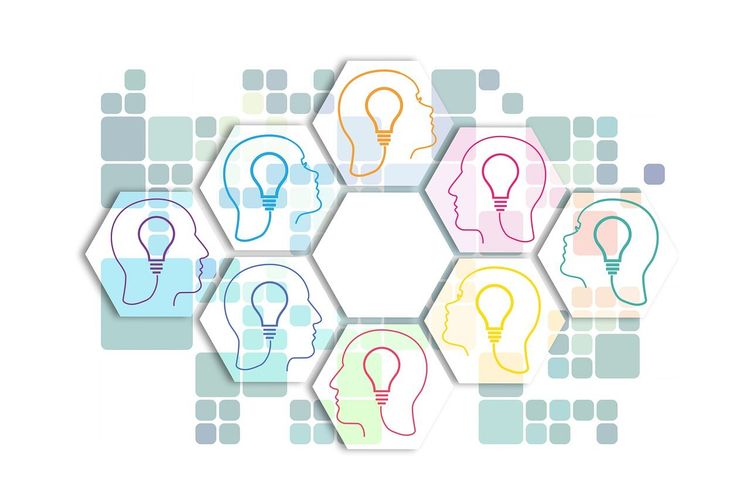As the demand for AI grows, so does the interest in database technologies that support AI initiatives.
Aerospike, a notable vendor in this space, recently announced it has raised $109 million in funding to enhance its real-time NoSQL database platform. This funding aims to expand its AI capabilities and bolster its go-to-market strategies. Founded in 2009 with a focus on advertising technology, Aerospike has evolved into a multi-model database, adding support for the JSON document model in 2022 and introducing graph database capabilities in 2023.
Aerospike's platform is increasingly used for AI and machine learning (ML) applications, serving notable clients such as Adobe, AppsFlyer, Barclays, Flipkart, and PayPal. While the platform supports AI/ML today, it lacks vector capabilities—an area the company is actively developing and plans to launch this quarter.
Subbu Iyer, CEO of Aerospike, stated, “We were founded on the premise that real-time access to data is going to be prevalent in every industry. The need for immediate data access to drive real-time insights is essential.”
Vector capabilities are not the only requirement for an AI-driven database. Over the past year, there has been a surge in database providers integrating vector support. Google has recently announced that all its cloud databases will offer this feature, while Neo4j, a competitor of Aerospike, unveiled its vector support in August 2023. Although vectors are vital for various generative AI applications, they represent just one aspect of how databases facilitate AI.
“A lot of our current use cases fall within predictive AI,” Iyer explained. He noted that Aerospike supports AI and ML applications without native vector capabilities, primarily focusing on predictive AI strategies that leverage offline model training. Iyer anticipates that Aerospike will increasingly support continuous learning processes for organizations.
The company is currently developing comprehensive vector capabilities, which will be released in an enterprise preview for early access customers, with general availability expected this quarter.
Combining Aerospike's multi-modal database capabilities, including graph databases and upcoming vector support, creates exciting opportunities.
“We foresee significant synergy between vectors and graphs moving forward,” Iyer remarked. Many organizations are using vector embeddings to enhance context and intelligence in AI applications. In some cases, vectors also function as graphs to clarify relationships between various entities.
“Our current graph solution primarily serves as a knowledge graph, focusing on identity and fraud,” Iyer said. “Organizations are utilizing vectors for recommendation engines and fraud detection, indicating a natural overlap between context-feeding vectors and graph technologies within the entire value chain.”
In addition to boosting AI support, Aerospike plans to introduce more core database capabilities in the coming months. Iyer mentioned improvements such as enhanced multi-record transactions, point-in-time recovery, and better observability and management features.
“As our database grows with larger cluster sizes and data sets, we are committed to making cluster management more efficient,” Iyer concluded.







